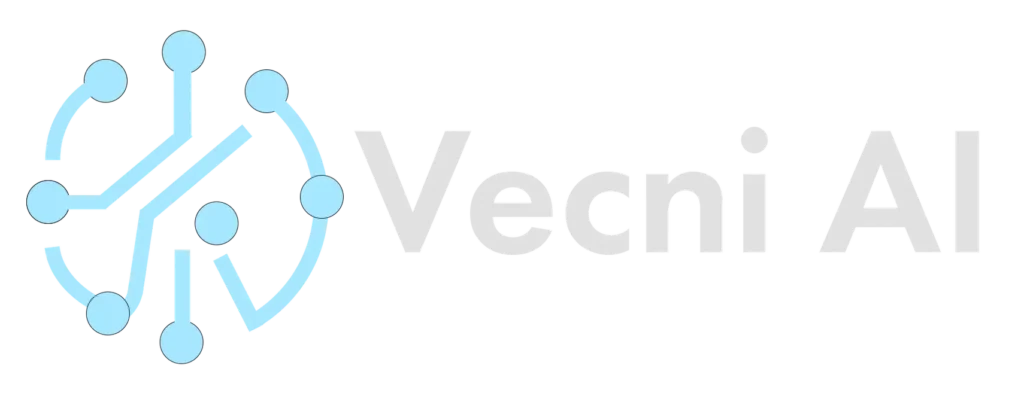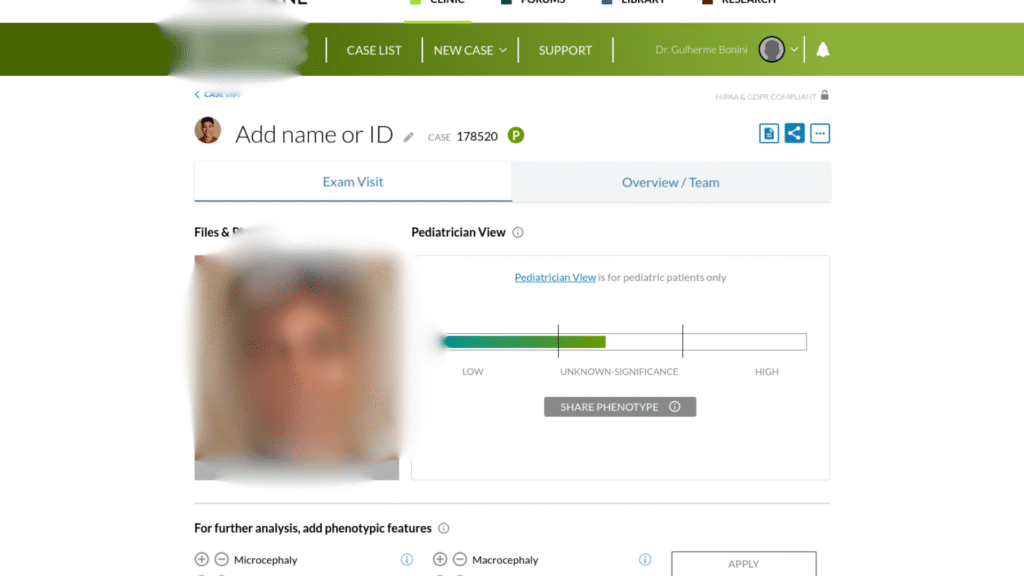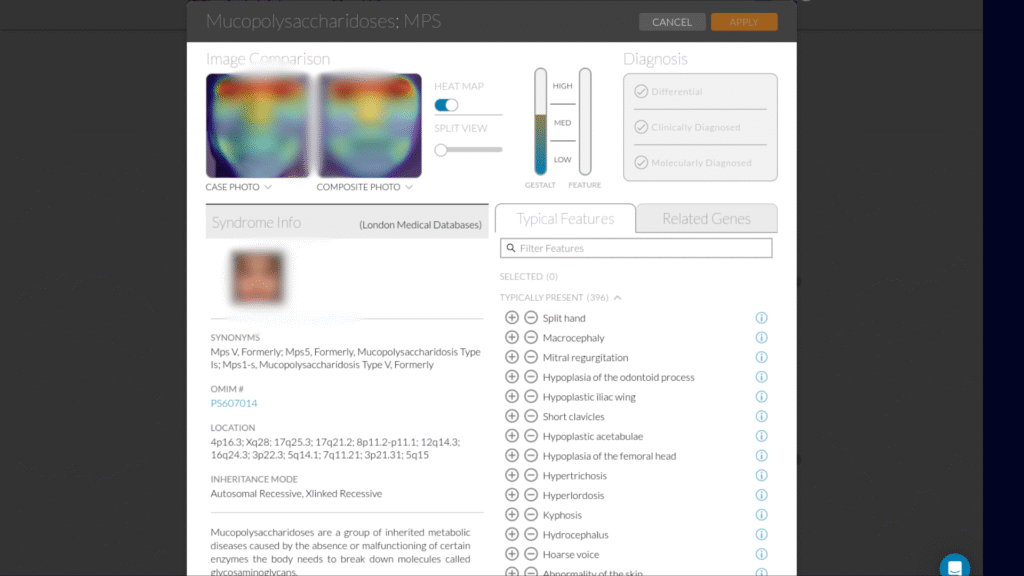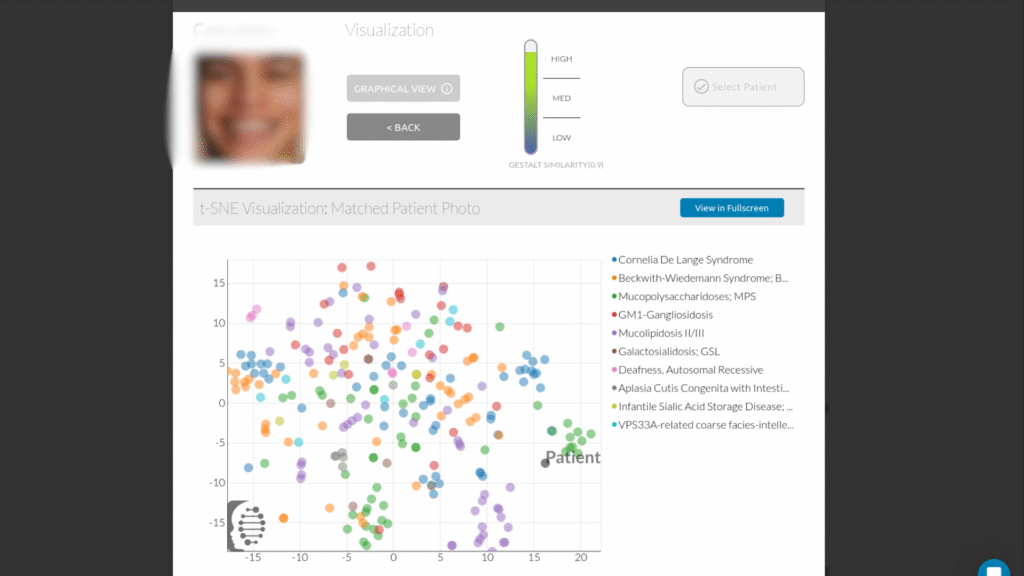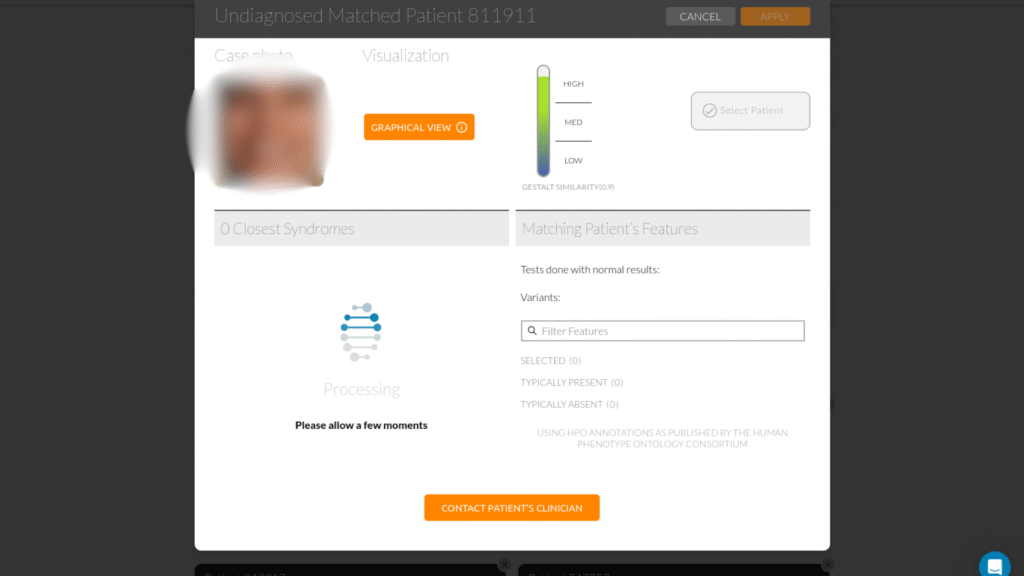- Services
AI & MACHINE LEARNING
Custom AI solutions that get real results
Predictive Systems
Predictive models tailored to your business goals
AI Agents & Workflows
Automate customer support, operations, and reporting.
COMPUTER VISION
Automate processes with precise visual intelligence
Biometric identification with accuracy
Advanced modeling and spatial analysis.
DATA & SOFTWARE ENGINEERING
Data Engineering
Turn data pipelines into a competitive advantage
APIs & Microservices Development
Software Development
Custom web platforms optimized for AI-driven workflows
SaaS Platforms & Custom Marketplaces
TECHNOLOGY & CONSULTING
Full Project Delivery
From prototyping to deployment and support
AI Roadmaps & Strategy
From MVP prototyping to full-scale product delivery.
Cloud & Infrastructure (edge, AWS, GCP, Azure)
- Industries
INDUSTRIES
Manufacturing & Industrial Automation
Enhance quality control and efficiency with AI-driven inspection and predictive maintenance.
Financial Services (FinTech & Insurance)
Boost security and decision-making with fraud detection, credit scoring, and compliance automation.
Healthcare & Life Sciences
Improve diagnostics, workflows, and compliance through AI-powered medical imaging and data analytics.
Logistics & Supply Chain
Optimize operations with computer vision, predictive route planning, and real-time inventory tracking.
Retail & Consumer Goods
Personalize experiences, forecast demand, and automate shelf monitoring with advanced AI solutions.
- Portfolio
- Blog
- About us
- Services
AI & MACHINE LEARNING
Custom AI solutions that get real results
Predictive Systems
Predictive models tailored to your business goals
AI Agents & Workflows
Automate customer support, operations, and reporting.
COMPUTER VISION
Automate processes with precise visual intelligence
Biometric identification with accuracy
Advanced modeling and spatial analysis.
DATA & SOFTWARE ENGINEERING
Data Engineering
Turn data pipelines into a competitive advantage
APIs & Microservices Development
Software Development
Custom web platforms optimized for AI-driven workflows
SaaS Platforms & Custom Marketplaces
TECHNOLOGY & CONSULTING
Full Project Delivery
From prototyping to deployment and support
AI Roadmaps & Strategy
From MVP prototyping to full-scale product delivery.
Cloud & Infrastructure (edge, AWS, GCP, Azure)
- Industries
INDUSTRIES
Manufacturing & Industrial Automation
Enhance quality control and efficiency with AI-driven inspection and predictive maintenance.
Financial Services (FinTech & Insurance)
Boost security and decision-making with fraud detection, credit scoring, and compliance automation.
Healthcare & Life Sciences
Improve diagnostics, workflows, and compliance through AI-powered medical imaging and data analytics.
Logistics & Supply Chain
Optimize operations with computer vision, predictive route planning, and real-time inventory tracking.
Retail & Consumer Goods
Personalize experiences, forecast demand, and automate shelf monitoring with advanced AI solutions.
- Portfolio
- Blog
- About us
